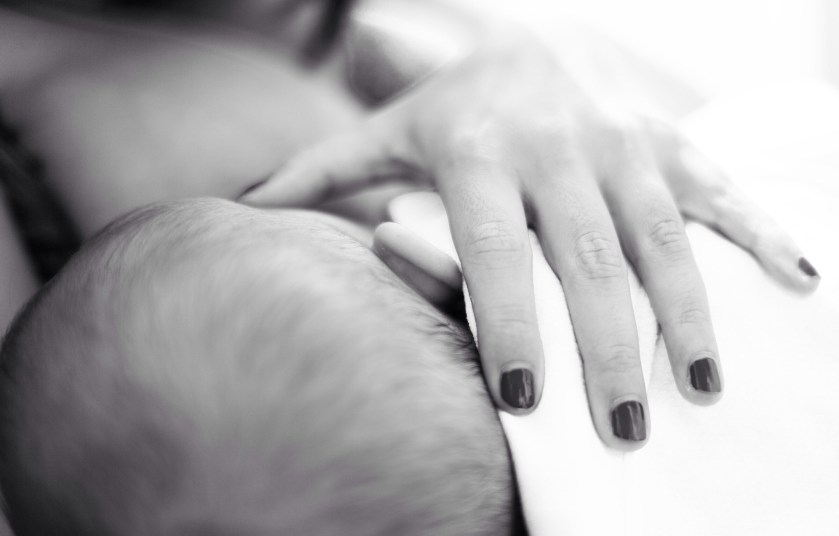Women Who Breastfeed Are Less Likely to Develop High Blood Pressure, Study Suggests

Breastfeeding, besides the convenience of providing instant food for a baby at any time, has other immediate benefits: it can build a child’s immunity, it doesn’t cost money, and it creates a bond that only a mother and baby can feel. Now, researchers have found that women reap the benefits of breastfeeding later in life, too. A new study finds that post menopausal women who breastfed are less likely to develop hypertension.
The study, published in American Journal of Hypertension, analyzed 3,119 women from 2010 to 2011. All of the women had gone through menopause and were nonsmokers. Researchers not only found that that women who breastfed had a lower risk of developing high blood pressure, but they also discovered that more was better: The higher number of children a woman had, and the longer time period the woman breastfed for, resulted in a much lower risk of hypertension.
The researchers broke the women up into five different groups for both the number of children each woman had and the length of time each woman breastfed. The lowest group for children birthed was one to two kids, and the highest was five to 11 kids. The lowest group for time breastfed was zero to 17 months, and the highest was 96 to 324 months. Researchers say that those in the highest group for children birthed were 51 percent less likely to develop high blood pressure than those in the lowest group. For the number of months women breastfed, those in the highest group lowered their risk by 45 percent compared to the lowest group.
The authors note that babies also receive advantages from long-lasting breastfeeding. “It has been well documented that long-term breastfeeding is associated with reduced children’s allergies, celiac disease, obesity, and diabetes mellitus,” the authors, Sangshin Park and Nam-Kyong Choi write.
The most recent statistics from 2012 show that the average woman in the U.S. will have two children, which is a decline from 1976, when the average was more than three children per woman. In 2016, the Centers for Disease Control and Prevention reported that about 81 percent of women start breastfeeding their babies at birth, but from there, those numbers start to drop off: Only 50 percent of babies were still breastfed at six months, and only 30 percent of children were breastfed at the one-year mark.
The American Academy of Pediatrics recommends breastfeeding a newborn for at least six months and continuing up to a year depending on the wishes of the mother and baby. Although in the study, the women with the lowest risk of hypertension breastfed much longer than 12 months, the authors are giving the same advice as the pediatricians. “Our findings endorsed the current recommendations of breastfeeding for the benefit of maternal health in mothers’ later lives,” they write.
More from FIRST
Parents Who Drink Might Be Negatively Affecting Their Kids, Study Says
Babies Born in September Are More Successful, Study Suggests













